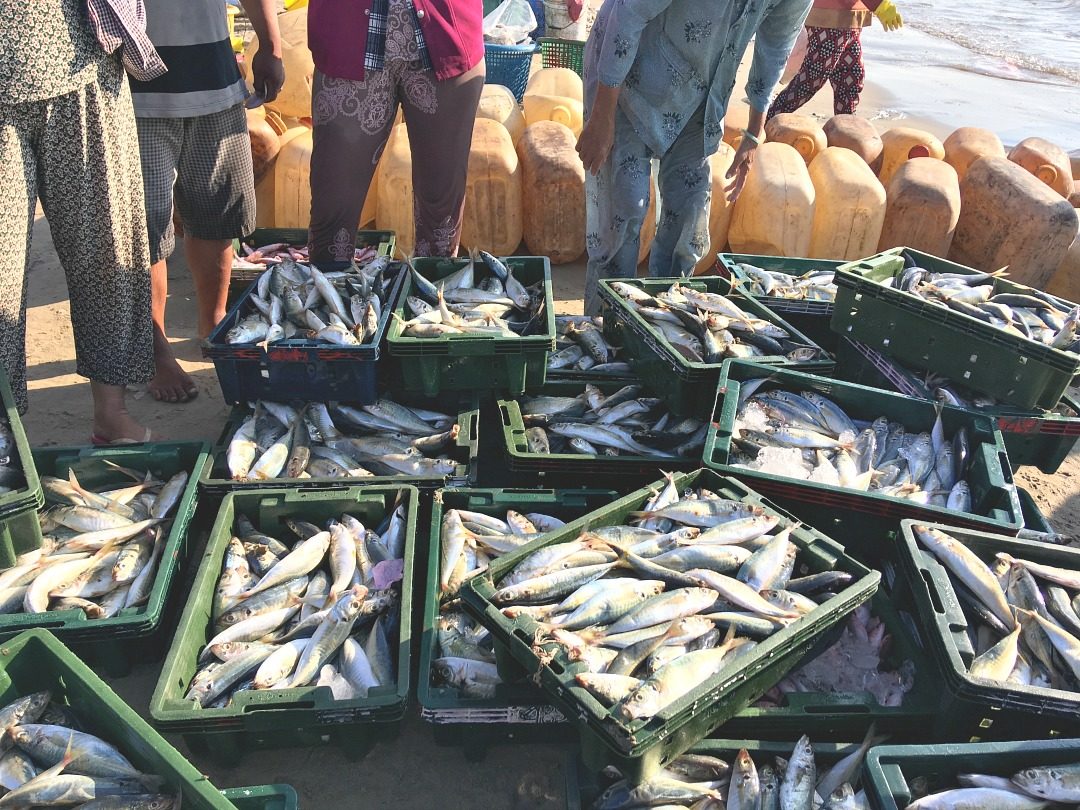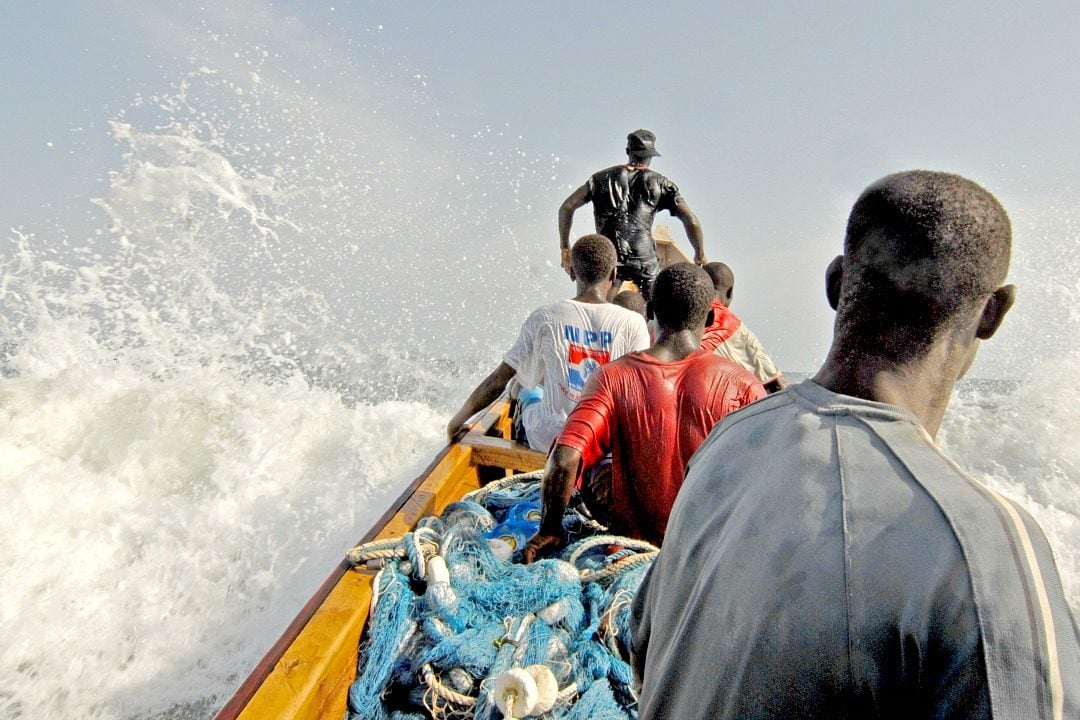When we think about sustainability with fish and seafood, we think about catch methods and aqua-cultural practices; we think about the long-term vitality of harvested species and the ocean’s well-being. However, sustainability also has an effect on the livelihoods of communities that depend on fisheries as well as the human rights of the fishermen themselves. There are some very dark corners in the fishing industry that many people don’t know about. It’s extremely important to shed some light onto these areas. With proper awareness, we can better understand the impact and importance of buying sustainable fish and seafood.

Why is sustainable seafood important?
When it comes to the health of our oceans and the welfare of the laborers who bring seafood to our plates, responsible consumerism is critical. Here’s why:
Population. The populations of sharks, tuna, and swordfish have decreased by approx. 90 per cent over the last 50 years. This is due to overfishing and destructive fishing methods.
Bycatch. This is a result of destructive fishing equipment and negligent fishing methods. Bycatch—usually dolphins, sea turtles, and sharks—get caught in this equipment and become victims. Though unintentional, once the bycatch is noticed, it’s already injured, dying, or dead and thrown back into the sea.
Pirate fishing. IUU (Illegal, Unreported, and Unregulated) fishing, also described as pirate fishing, is a very serious problem. Not only is it a major contributor to overfishing and sabotaging sustainable management of marine resources, but it’s also responsible for some of the ugliest violations of human rights. These vessels operate for one purpose: to maximize the catch and minimize the cost.
The fishing industry’s violation of human rights.
The crew members on these illegal, unreported, and unregulated boats are vulnerable and untrained. Agencies travel to rural areas in developing countries where work is limited to prey on men that are desperate to support their families. Once these men hop on board, the reality of the situation becomes clear very quickly—and there’s little to no way out.
Using illegal shoddy fishing gear, these crews are instructed to take from developing countries. Coastal communities that depend on fishing for food and income are left with next to nothing.
There are also minimal standards when it comes to crew treatment, sanitation, and safety. It’s not uncommon for crew members to be left without radio or safety equipment in case of emergency. Physical abuse is common and, in some gruesome cases, murder.
Further to this mess, some of these crew members have their passports and documents taken away from them. They’re then left on these boats with no identity and nowhere to go. Because many of the recruits are illiterate, these agencies take advantage of them. They steal extortionate sums of money from them which leave them with debt.
Every choice makes a bit of a difference.
Learning about all of this isn’t easy. There’s a lot of upsetting information and it’s hard to swallow. But awareness is important and it can help you make better choices the next time you shop for fish and seafood.
For more on this and other related topics, check out the Environmental Justice Foundation.
Stock photo credits: Anastasia Fomina on Unsplash | Duangphorn Wiriya on Unsplash | Pexels.com






